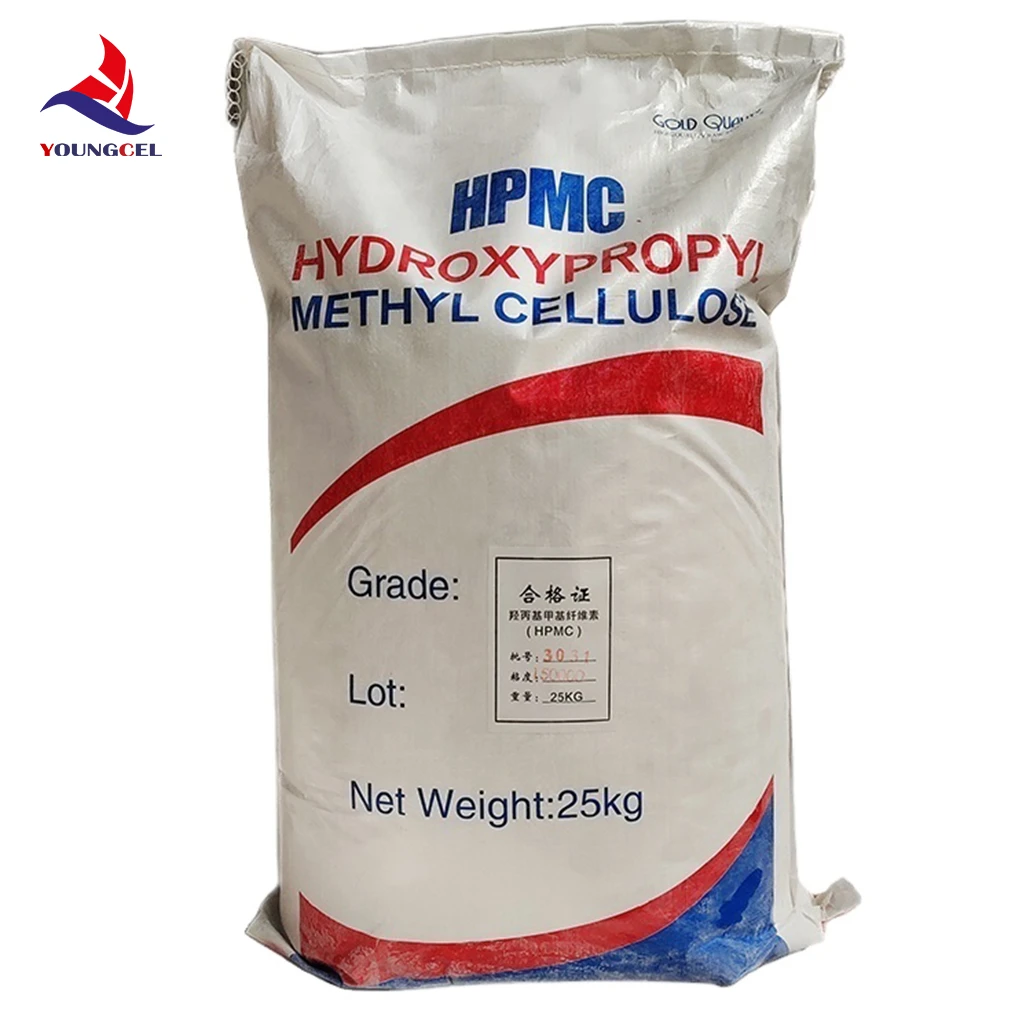Cement Thickener Enhancing Performance in Construction
Cement plays a crucial role in the construction industry, serving as the binding agent that holds materials together to create durable and robust structures. However, the effectiveness of cement can be significantly influenced by the incorporation of additives, one of which is the cement thickener. This compound enhances the properties of cement mixtures, particularly in terms of workability and adhesion.
Cement thickener, also known as a viscosity-modifying agent, is used to increase the thickness of cement paste or mortar. By adjusting the viscosity, it improves the material's overall performance in various applications. This is particularly beneficial in situations where high cohesion is necessary to prevent segregation of the constituent materials or to enhance the pumpability of the mixtures. The primary function of a cement thickener is to optimize the consistency of cementitious materials, making them more suitable for specific construction needs.
One of the key advantages of using a cement thickener is the improvement in workability. When mixed with water, cement tends to be fluid, which can lead to problems such as slumping or spilling if not managed properly. By introducing a thickener, the workability is enhanced, allowing for better control during the application process, especially in vertical or overhead installations. This results in a more uniform and stable application, reducing the likelihood of defects or failures in the final structure.
cement thickener

Moreover, cement thickeners contribute to better adhesion properties. When used in adhesive formulations, they help ensure strong bonding between different surfaces, which is critical in applications like tiling or plastering. The increased viscosity helps the adhesive stay in place, ensuring that it does not slide down or ooze out, which can compromise the integrity of the installation.
In addition to workability and adhesion, cement thickeners may also impart other desirable properties to cement mixtures. For instance, they can enhance durability by reducing porosity, thereby mitigating the risk of water ingress and the associated damage. This is particularly important in areas exposed to harsh weather conditions or in structures that require waterproofing solutions.
Furthermore, the environmental aspect of construction materials is becoming increasingly important. Many manufacturers are now developing eco-friendly cement thickeners derived from natural sources. These innovations not only contribute to sustainability but also provide effective alternatives to traditional synthetic additives.
In conclusion, cement thickeners are invaluable additives that enhance the performance of cementitious materials in construction. By improving workability, adhesion, and durability, they provide solutions that meet the demanding requirements of modern building practices. As the industry continues to evolve, the use of cement thickeners will likely expand, driving innovations that lead to safer, more efficient, and environmentally friendly construction methods. Embracing these advancements can help builders achieve superior results while addressing the challenges presented by contemporary construction landscapes.
-
Rdp Powder: Key Considerations for Wholesalers in the Building Materials IndustryNewsJul.08,2025
-
Key Considerations for Wholesalers: Navigating the World of Hpmc - Based ProductsNewsJul.08,2025
-
Hpmc Detergent: Key Considerations for WholesalersNewsJul.08,2025
-
Key Considerations for Wholesalers: China Hpmc For Tile Adhesive, Coating Additives, Concrete Additives, and MoreNewsJul.08,2025
-
Crucial Considerations for Wholesalers: Navigating the World of Construction MaterialsNewsJul.08,2025
-
Key Considerations for Wholesalers Sourcing Additive For Cement, Additive For Concrete, Additive For Putty from Additive Manufacturer Shijiazhuang Gaocheng District Yongfeng Cellulose Co., Ltd.NewsJul.08,2025




